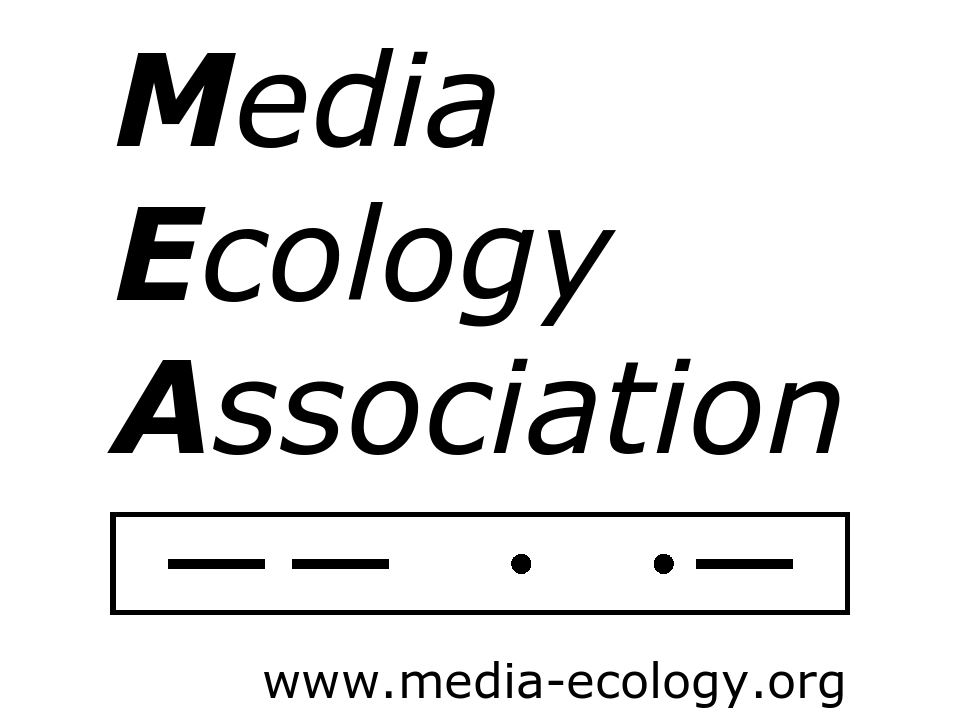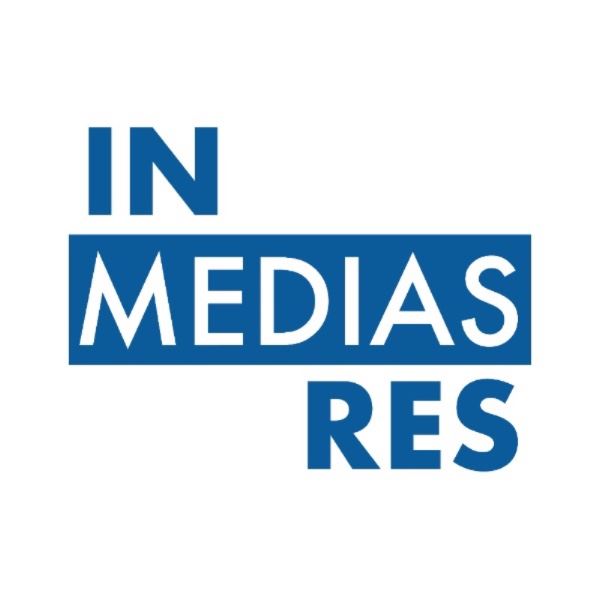Recent Newsletters
Below are links to recent editions of In Medias Res, the MEA’s official newsletter, which is automatically sent to dues-paying members via email. Old print editions of In Medias Res can be found in our In Medias Res Archive.
In addition to getting the newsletter sent directly to your inbox before it’s posted here (which usually happens a few weeks after it’s sent out), one of the benefits of MEA membership is the opportunity to be featured in it. So if you’re a member with something you would like to share — e.g., a recent publication, an award you received, a call for papers for a conference you’re helping to organize or a special journal issue you’re helping to edit — please contact us.

